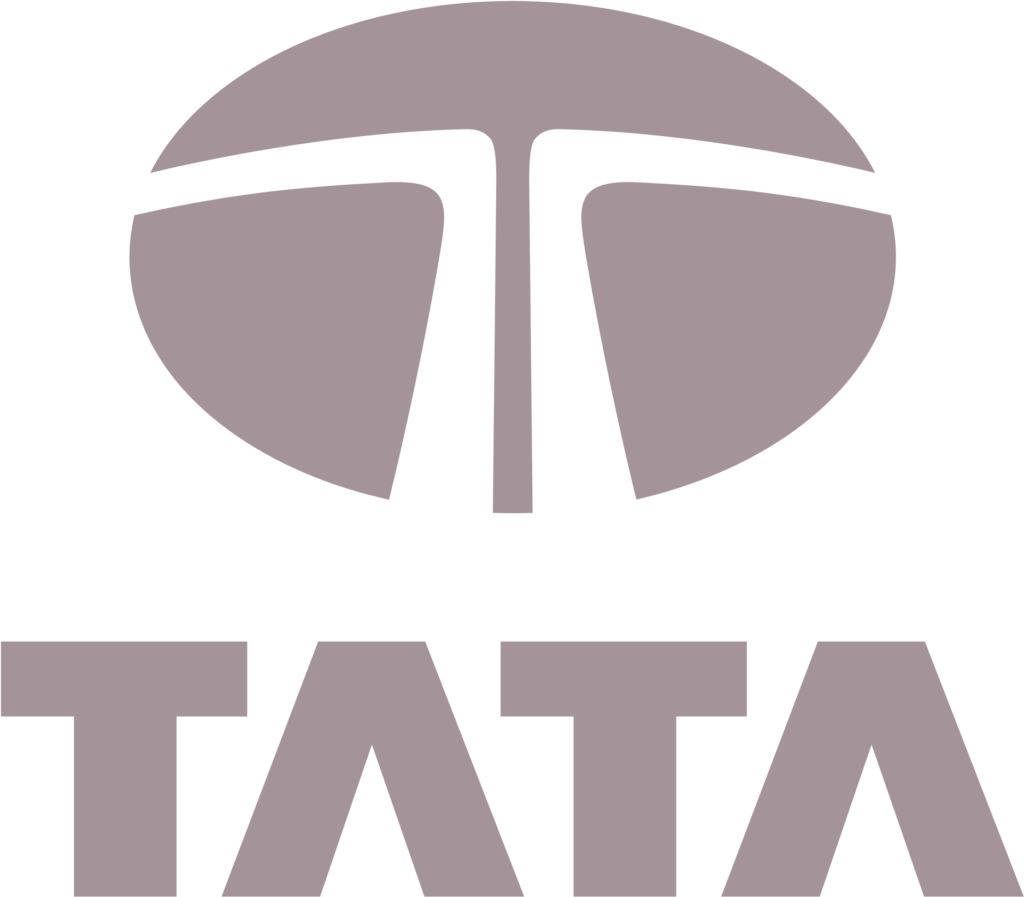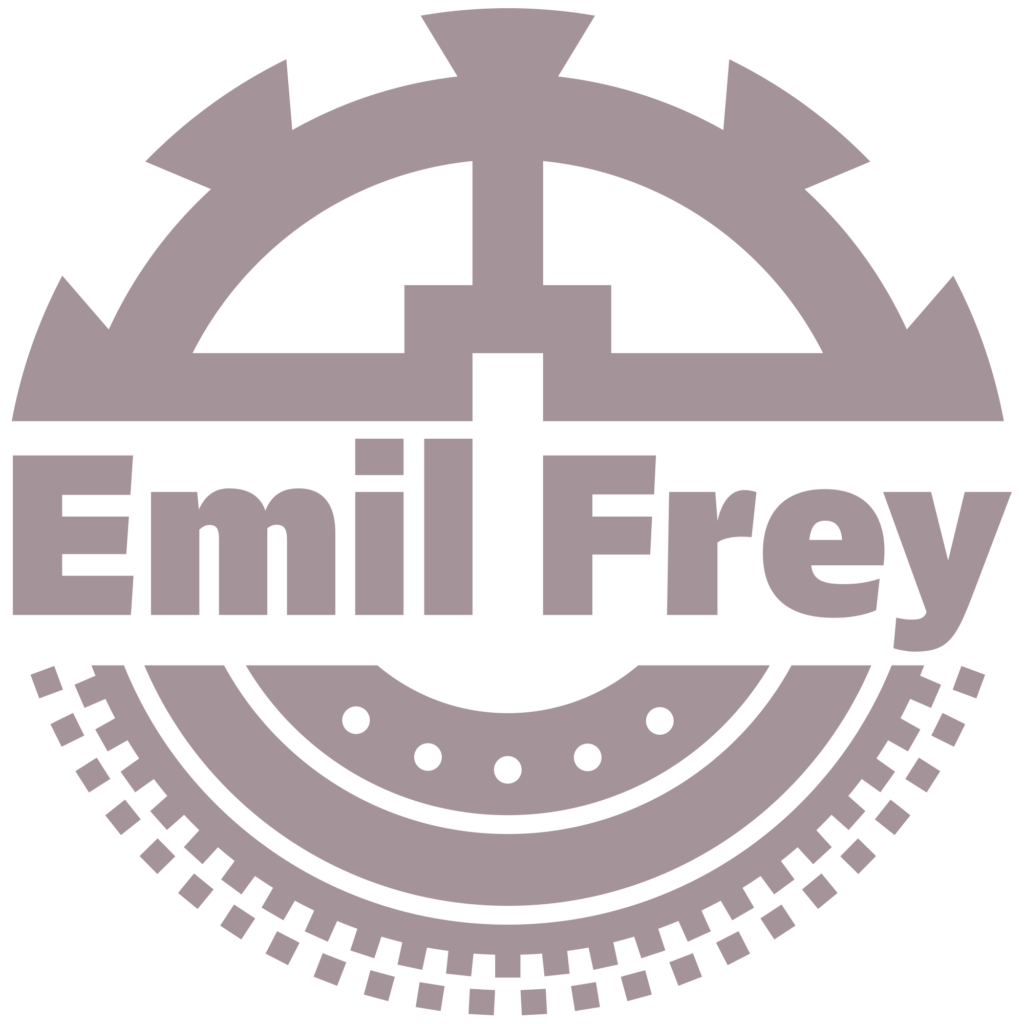L’industrie automobile
L’industrie automobile a été l’un des secteurs les plus sévèrement touchés par la crise de 2008, avec des fermetures de sites et un gel des embauches. Après une brève embellie, le secteur est à nouveau entré dans une période de forte incertitude : effondrement des ventes des motorisations diesel, transition complexe vers les motorisations électriques et émergence des nouvelles mobilités (véhicules partagés, véhicules autonomes…) à l’échelle mondiale. Tout cela concourt à une inexorable baisse des ventes, certes, mais aussi à l’identification de nouveaux gisements de valeur.
Les défis pour l’industrie automobile
Ces bouleversements sont autant de défis de grande ampleur pour les constructeurs et les équipementiers. Des initiatives récentes, tel le rachat par Daimler de la compagnie française de VTC Kapten, ou encore le positionnement de Michelin sur les services de mobilité, témoignent de cette transition vers un futur de l’automobile porté par les nouvelles technologies.
L’impact sur les opérations est évidemment majeur. Pour les industriels, les enjeux sont nombreux :
- La modification en profondeur de leur outil industriel
- L’indispensable quête d’agilité d’un secteur traditionnellement focalisé sur les coûts et subissant d’énormes problèmes dus aux modifications rapides de capacité et de mix
- La gestion des pièces de rechange, notamment les batteries électriques, dans un contexte d’économie circulaire
Ce que notre cabinet de conseil peut faire pour vous permettre relever les défis liés au secteur de l’automobile
Les consultants en industrie automobile d’Argon & Co accompagnent nos clients constructeurs et équipementiers dans la transformation de leurs opérations, en particulier sur la question de l’agilité, depuis l’évaluation des enjeux jusqu’à la mise en œuvre des leviers de performance.
Achats et optimisation de la supply chain amont
- Stratégie de sourcing
- Collaboration et performances fournisseurs
- Réduction des délais d’approvisionnement grâce notamment au e-VSM (Value Stream Mapping)
- Optimisation des stocks de composants et performance des approvisionnements
Stratégie industrielle
- Optimisation du footprint et affectation des produits aux sites en modélisant l’incertitude de la demande
- Prévision des ventes de véhicules et S&OP
- Performance industrielle et lean management
- Maintenance des infrastructures industrielles
Prévisions de vente véhicules et S&OP
- Demand management
- Multisite planning
- Capacity planning and optimisation of the vehicle film
- Scheduling optimisation
- Management of synchronised flow
- Just-in-time flow
Supply chain planning des usines terminales et des usines de composants
- Gestion de la demande
- Planification multisites
- Capacity planning et optimisation du « film véhicule »
- Optimisation des moyens de réordonnancement
- Gestion des flux tendus et des flux synchrones
Performance industrielle et lean management
- Maintenance des infrastructures industrielles
Optimisation de la logistique de distribution des véhicules
- Suivi des flux grâce à l’IoT
Optimisation de la supply chain service et pièces de rechange
- Stratégie de service et stratégie logistique
- Optimisation des assortiments dans le réseau et prévisions de ventes intégrant des méthodes de machine learning
- Supply chain planning
- Réduction des stocks
- Efficacité des processus logistiques transports et services d’entrepôt
Notre démarche
Notre cabinet de conseil en stratégie des opérations associe expertise technique, expérience opérationnelle et connaissance métier pour accompagner ses clients à résoudre les problèmes spécifiques au secteur de l’automobile et à obtenir des résultats durables. Notre démarche garantit l’adhésion à tous les niveaux de l’entreprise pour nos clients ainsi qu’un résultat pérenne. Nous avons déjà travaillé avec un large éventail d’industriels de l’automobile comme Michelin, le groupe PSA, Europcar, Autodistribution, Renault, Emile Frey, The Commercial Vehicle Business Unit (CVBU) de Tata Motors, Manheim Global Trader, Genuine Parts Company (GPC) et Avvashyacci. Cliquer ici pour en savoir plus.
